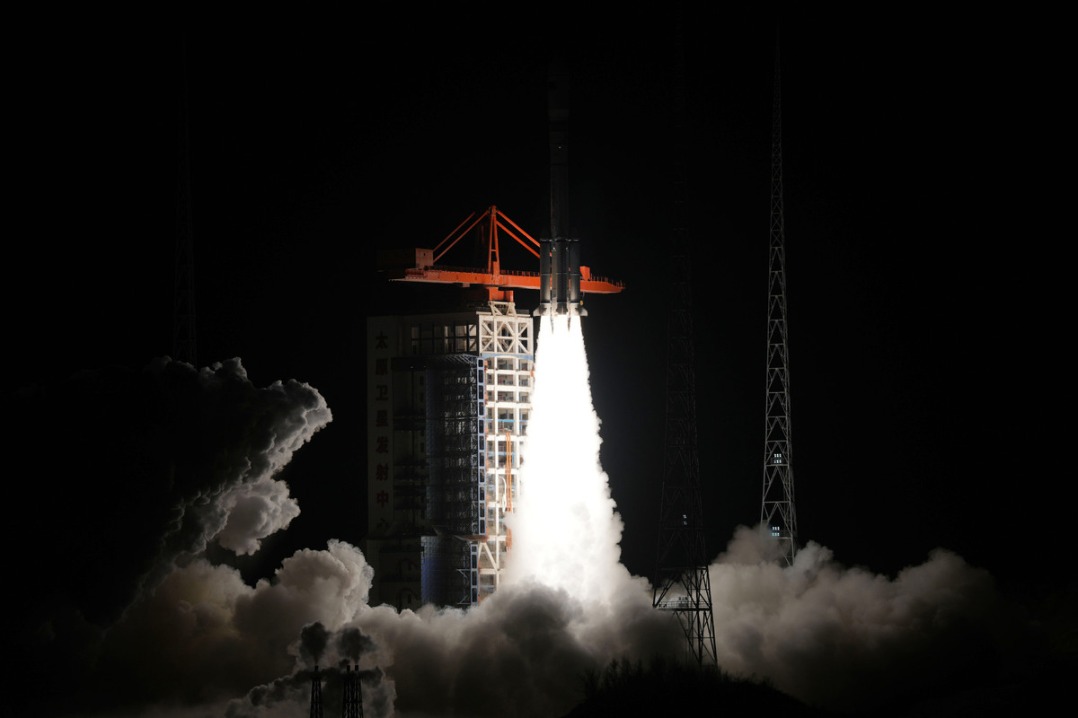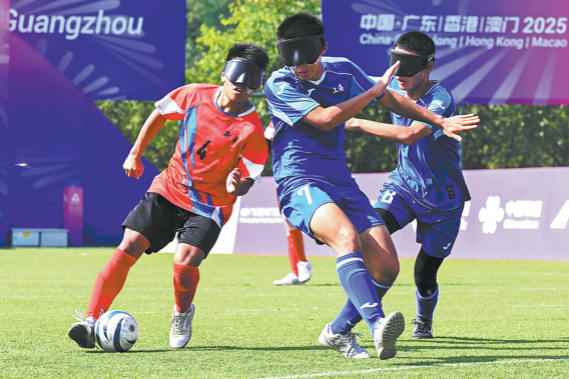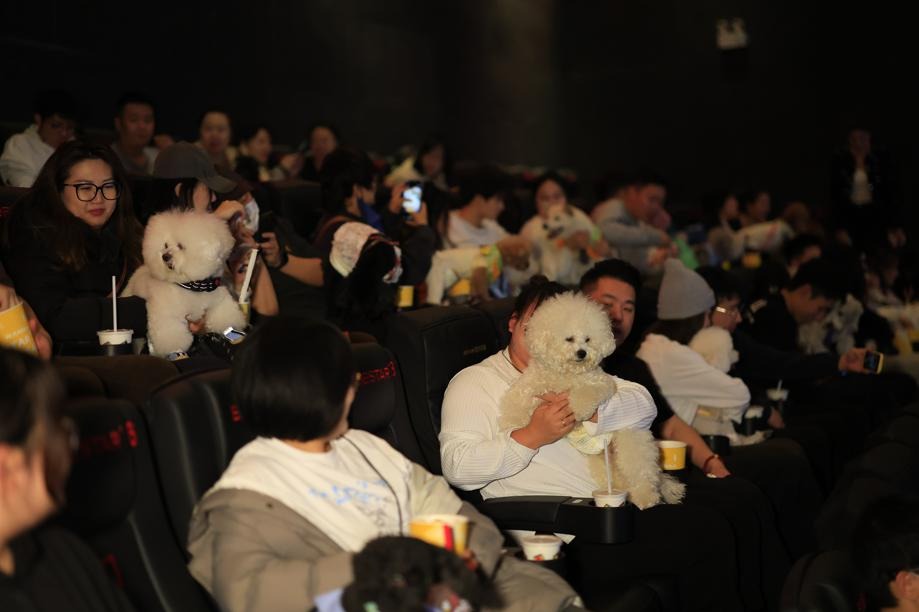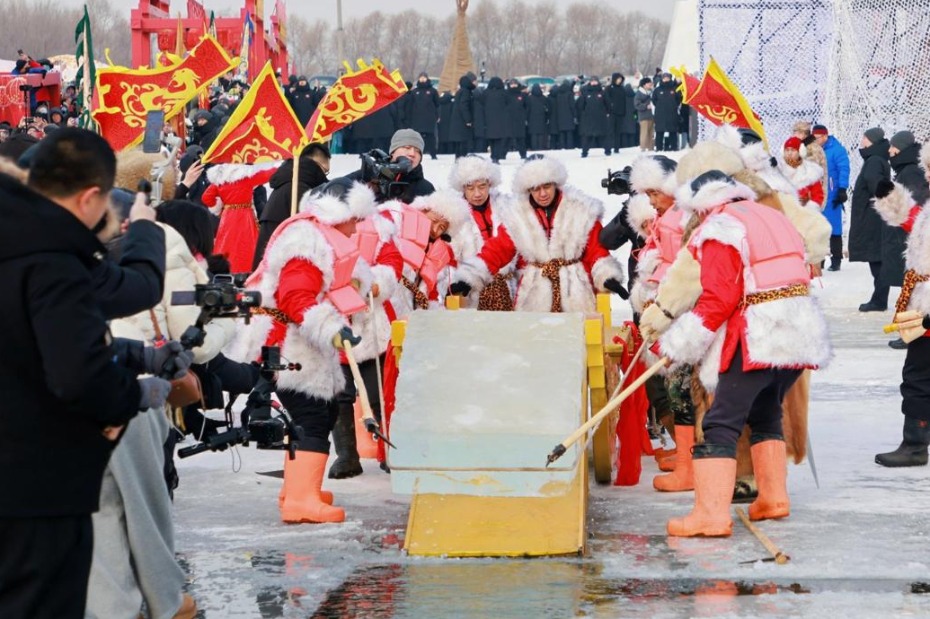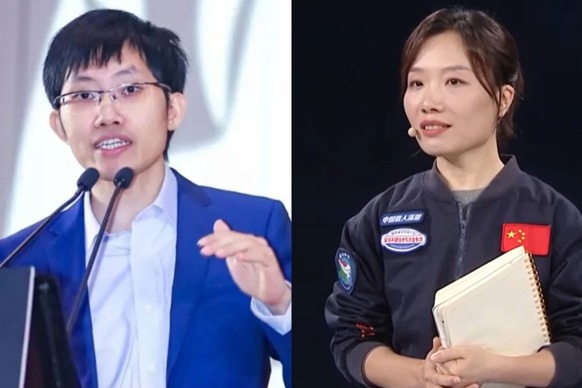Initiative streamlines treatment of ocean plastics


Fishermen in the coastal province of Zhejiang used to discard empty plastic bottles into the sea, harming wildlife, disrupting ecosystems and indirectly threatening human health.
To address the scourge of plastic pollution, local governments and businesses have paved the way for the reuse, recycling, reorienting and diversification of marine plastic waste.
Marine plastic pollution has become a global governance problem due to its large quantity, great harm and strong persistence, said Lang Wenrong, head of the Department of Ecology and Environment of Zhejiang.
The Blue Circle, a management model for marine plastic waste in China, won the United Nations' Champion of the Earth award earlier this year for its innovative approach to the problem.
The management model was initiated by the Department of Ecology and Environment of Zhejiang province and Zhejiang VisionBlue Technology, a high-tech enterprise focusing on marine sustainable development.
Rolled out in Taizhou, Zhejiang, in 2020, the Blue Circle has adopted a government-plus-market approach to maximize the gathering of social forces.
Under this model, the government establishes and improves systems for waste interception in estuaries, in the cleaning of beaches and bays, and the recycling of garbage from ships.
Enterprises set up collection points for marine plastic waste, and through the "ocean cloud warehouse" project, achieve the digital management of the treatment processes of marine waste.
Chen Guanghui, co-founder of VisionBlue, said that marine pollution governance faces two main difficulties: low social participation and no unified platform management.
Compared with traditional governance methods, the "ocean cloud warehouse" has reduced governance costs by about 67 percent, according to Chen.
Marine plastic accounts for more than 85 percent of marine waste.
Under the model, the price for a plastic water bottle stands at 0.2 yuan (3 cents), nearly six times higher than the regular market price of 0.03 yuan.
The recycled marine plastic is turned into beads used to produce plastic products more in line with international ecological and environmental protection concepts. And the value of the internationally certified marine plastic particles is more than double that of traditional recycled plastic.
Simply put, recycled plastic is more expensive than new plastic, said Chen, and products made out of recycled marine plastic, meeting international standards, are double the price or even higher than usual ones, offering bigger economic margins.
In addition, the Blue Circle features traceability, with all data in the entire process automatically generated by internet of things equipment. Law enforcement recorders, surveillance cameras and mobile apps are also used.
In one case, VisionBlue manufactured 40,000 mobile phone cases made from marine plastic in June this year. The information for the marine plastic used in the production can be traced by scanning a QR code on each case.
To date, the Blue Circle program has attracted the participation of 237 enterprises, 10,200 vessels and 61,800 people across Zhejiang. It has collected and treated 10,900 metric tons of marine waste, including 2,254 tons of plastic waste, and reduced carbon emissions by 2,930 tons.
















